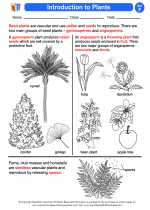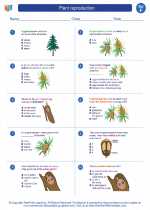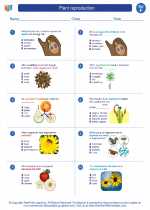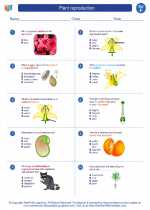The Nucleus
The nucleus is a membrane-bound organelle found in eukaryotic cells. It serves as the control center of the cell and contains the cell's genetic material, including DNA. The nucleus plays a vital role in regulating cellular activities and is essential for the cell's survival.
Nucleus Structure
The nucleus is surrounded by a double membrane called the nuclear envelope, which contains pores that allow for the exchange of materials between the nucleus and the cytoplasm. Within the nucleus, the genetic material is organized into structures called chromosomes, which consist of DNA and associated proteins. The nucleolus, a distinct region within the nucleus, is responsible for the production of ribosomes.
Nucleus Function
The main functions of the nucleus include:
- Containing the cell's genetic material
- Regulating gene expression and protein synthesis
- Facilitating the replication and transmission of genetic information
- Producing ribosomes through the nucleolus
Study Guide
Here are some key points to remember about the nucleus:
- The nucleus is found in eukaryotic cells and contains the cell's genetic material.
- It is surrounded by a double membrane called the nuclear envelope.
- The genetic material is organized into chromosomes within the nucleus.
- The nucleolus is responsible for ribosome production.
- The nucleus regulates gene expression and protein synthesis.
Be sure to understand the structure and function of the nucleus, as well as its importance in cellular activities.
[Nucleus] Related Worksheets and Study Guides:
.◂Science Worksheets and Study Guides Sixth Grade. Plant reproduction

 Activity Lesson
Activity Lesson
 Worksheet/Answer key
Worksheet/Answer key
 Worksheet/Answer key
Worksheet/Answer key
 Worksheet/Answer key
Worksheet/Answer key
 Vocabulary/Answer key
Vocabulary/Answer key
